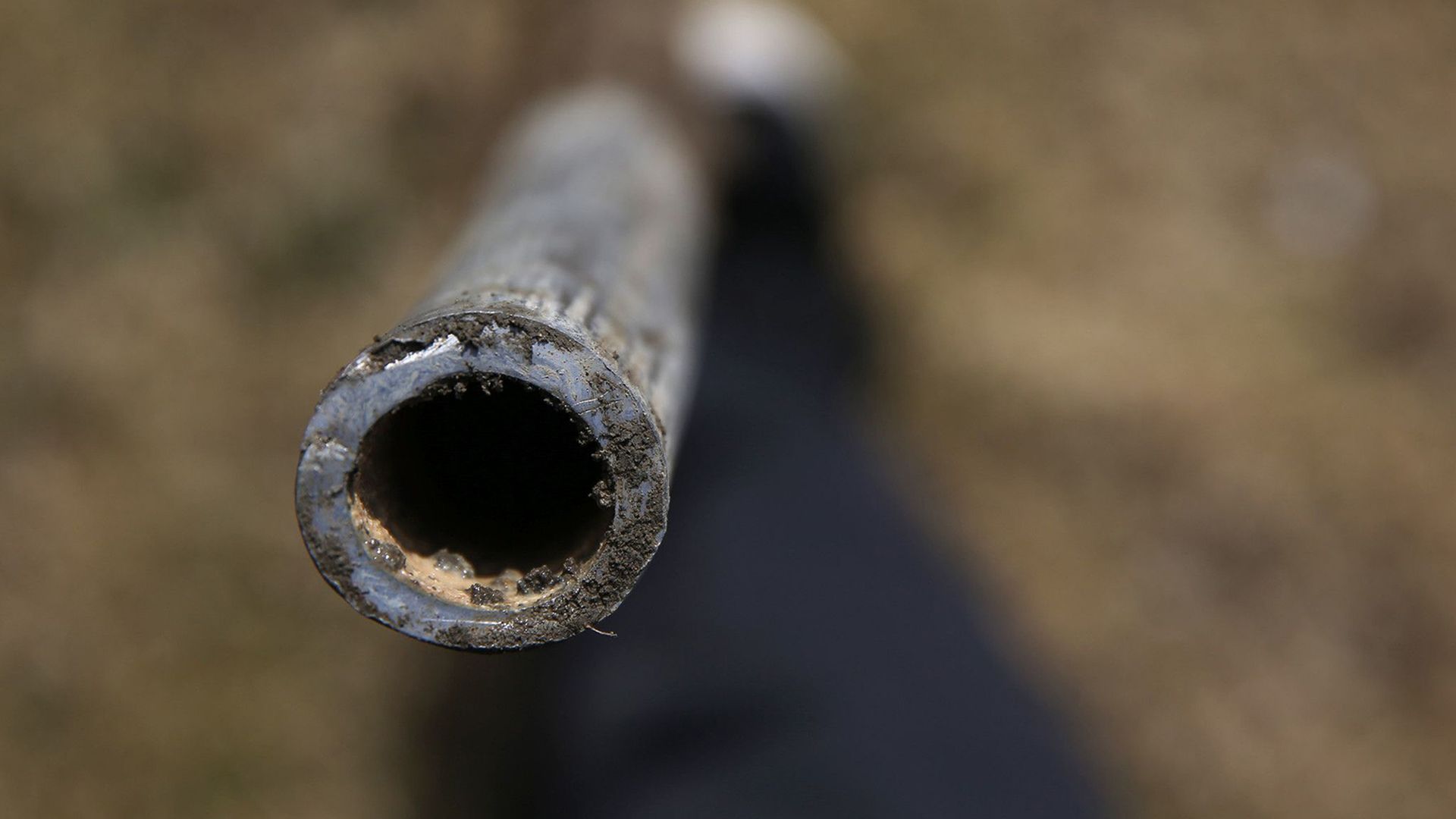Nov 18, 2021 - News
Majority of Colorado children under age 6 have lead in their blood
Add Axios as your preferred source to
see more of our stories on Google.

A piece of an old lead pipe. Photo: Abel Uribe/Chicago Tribune via Getty Images
Add Axios as your preferred source to
see more of our stories on Google.

A piece of an old lead pipe. Photo: Abel Uribe/Chicago Tribune via Getty Images